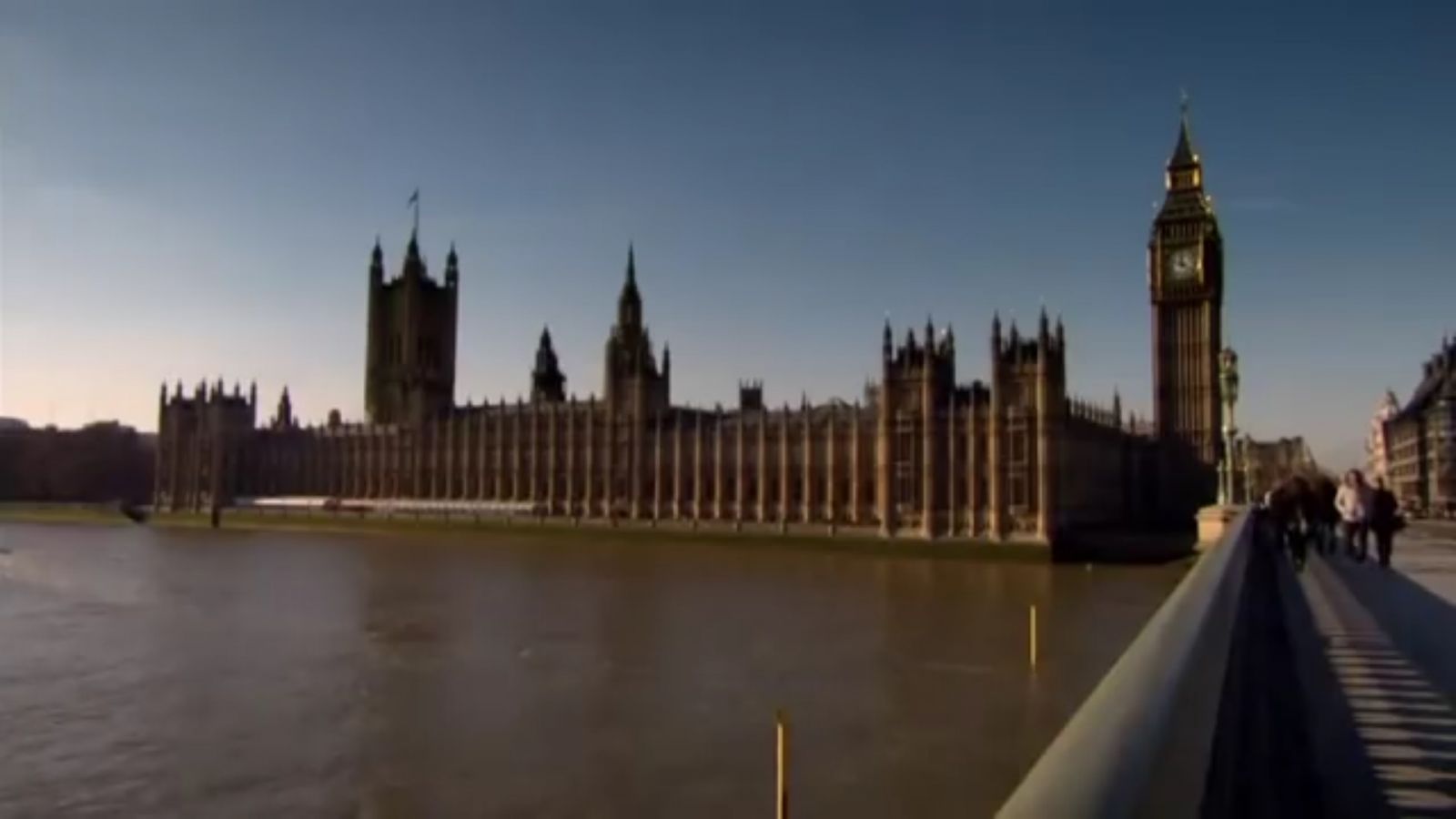Tax
UK Government Attacked Over Non-Dom Regime

Defenders of the non-dom regime say such wealthy people are still taxed on certain UK-based activity. They will have to pay inheritance tax on UK assets, for example. Governments in recent years have tightened the non-dom regime, ending the ability of people to enjoy this status permanently.
(Adds analysis, comment.)
UK finance minister, aka Chancellor of the Exchequer, Rishi
Sunak, is facing political heat after it emerged that his wife
has non-domiciled status for tax purposes.
This status means that Akshata Murty does not have to pay UK tax
on income earned abroad. Murty earns money from shares in an
Indian software giant founded by her billionaire father, as media
reports noted. Her spokeswoman said she pays all tax due in the
UK (source: BBC, 7 April).
Defenders of the non-dom regime say such wealthy people are still
taxed on certain UK-based activity. They will have to pay
inheritance tax on UK assets, for example. Governments in
recent years have tightened the non-dom regime, ending the
ability of people to enjoy this status permanently. Critiques of
the regime intensified after the 2008 financial crash and as
hostile coverage of offshore financial centres gained
momentum.
The opposition Labour Party has called for "complete
transparency" on the matter.
A figure in the field of tax and private client work wasn't
impressed by political noises about Sunak's wife and her
arrangements.
"I guess it’s the same old same old. The law is the law and the
Chancellor's wife is free to take best advantage of the UK
system," Miles Dean, head of International Tax at Andersen in the
UK, said.
"This story proves the paucity of political argument in the UK. If Labour are that concerned about the benefits provided to non-doms (which are abundant throughout the world) they need to make the abolition of non-dom status part of their next manifesto. Singling out one woman, who happens to be the Chancellor's wife (of whose tax affairs we know very little), for political capital is, I’m afraid, par for the course and what we have come to expect," Dean said.
The issue is awkward for Sunak who has been billed as a
potential future Prime Minister if or when Boris Johnson leaves
10 Downing Street. Sunak has hiked taxes such as national
insurance contributions – a payroll tax – to the fury of some of
his own Conservative colleagues. The government has raised taxes
to the highest level in about 70 years, citing the cost of paying
for health and elderly social care as a reason. The COVID-19
pandemic and furloughs of millions of employees hit public
coffers.
People can be granted non-dom status if they live in the UK but
intend to return to their home country. Murty is an Indian
citizen and has retained family ties to India. One report
(BBC) said Murty has said that she would like to return
there. She automatically loses her non-dom status if she has
lived in the UK for 15 years.
The question, however, is that while the "optics" of a
Chancellor's wife using non-dom status might be politically
off-key, the non-dom regime - used for centuries - is the law of
the land, and that legislators can change it if they wish, and
have done so. (Editor's comment: The issue also raises
whether the financial, and entirely legal, activities of a
politican's spouse are legitimate areas of media/public concern
or private.)
“Akshata Murty, the daughter of an Indian billionaire, has simply
elected to be taxed on the remittance basis as a non-domiciled
individual. As only about 75,000 individuals claim non-UK
domicile status in their tax returns each year, it is
understandable that the details of the remittance basis are not
widely known,” Dhana Sabanathan, partner at Winckworth Sherwood,
said.
“It is not surprising that there is confusion over the concept of
domicile, which is not defined in statute. Instead, one has to
rely on cases (common law) for interpretation. There have been a
number of cases on domicile over the last hundred years. It is
perhaps fitting that a concept introduced in 1799 to protect
colonial interests of the British in India, is now being used by
wealthy Indians in the UK. In broad terms, a person’s domicile is
where they consider to be their permanent home (even if it is not
their current home) and where they continue to have strong
personal, cultural and economic ties,” Sabanathan
continued.
“Unfortunately, even Ms Murty’s own spokesperson seems to have
got a bit confused when releasing a statement to explain why her
client relies on her non-UK domicile. The statement read that
'India does not allow its citizens to hold the citizenship of
another country simultaneously. So, according to British law, Ms
Murty is treated as non-domiciled for UK tax purposes.’ As has
been widely pointed out, nationality is not definitive when it
comes to determining domicile,” Sabanathan said. “Furthermore, Ms
Murty does not automatically benefit from her non-UK domicile
status; she has to claim it each year in her self-assessment tax
returns. Assuming Ms Murty has been resident in the UK for at
least seven years, she now pays an annual charge (currently
£30,000, which increases to £60,000 after 12 years of residence),
in order to continue to claim the remittance basis.”
Sabanathan added that the number of people claiming the
remittance basis has decreased in recent years, after the
introduction of a time limit for being able to claim during the
first 15 (out of the previous 20 tax years) years of UK tax
residence. If she were to leave the UK, one would expect she
would leave with her family. As the Chancellor has been discussed
as a potential future candidate for prime minister, the idea that
he may not be resident in the UK long-term has taken many by
surprise.”